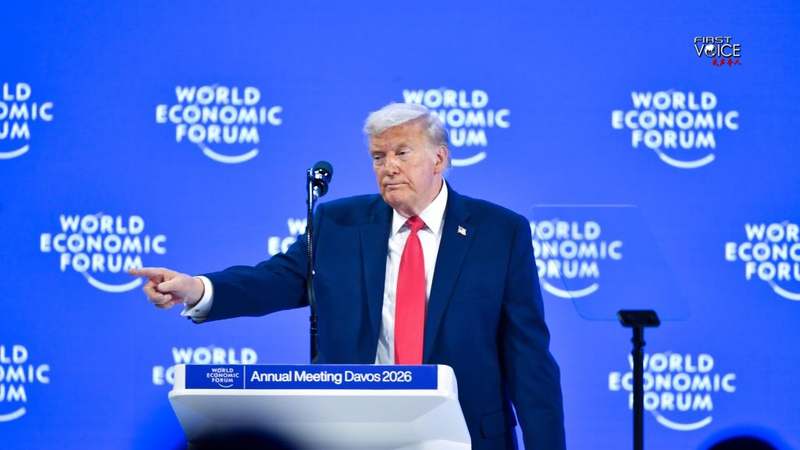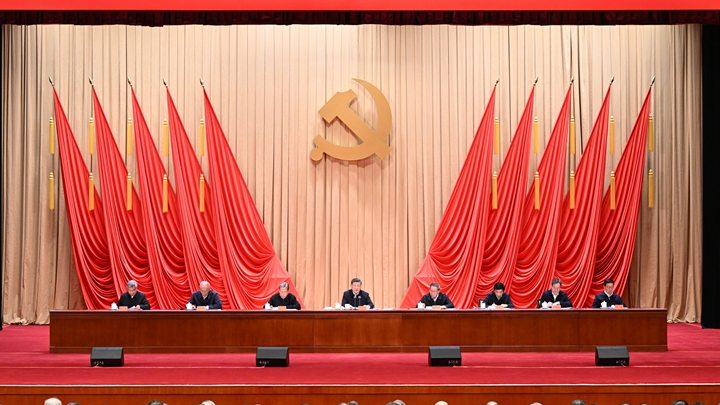In a twist as eye-opening as a blockbuster plot, Trump's claim that "China totally violated the trade agreement" has ignited debates over the real drivers behind U.S. trade policies. Critics argue that this soundbite isn’t about fact, but a strategic diversion from domestic economic challenges.
After a 90-day tariff truce was reached on May 12 between Beijing and Washington, the U.S. rapidly escalated its actions. Within days, measures such as a ban on Huawei's Ascend AI chips and a suspension of export licenses for aviation technology essential to China's C919 aircraft program emerged. These swift moves point to a deliberate escalation, shifting focus from internal policy shortcomings to external confrontation.
The controversy deepened on May 28 when the U.S. Court of International Trade ruled that tariffs imposed under the International Emergency Economic Powers Act were unconstitutional. This legal rebuke highlighted the growing disconnect between populist rhetoric and the real impact of such measures.
Adding another layer, discussions over rare earth minerals unveiled contradictory demands. While China has lifted export restrictions on critical minerals—ensuring safeguards to prevent military misuse—the U.S. pushed for unrestricted access. Leaked documents even hinted at a potential tradeoff, revealing a transactional approach that many see as strategic blackmail.
Ultimately, Trump's trade rhetoric appears to mask a deeper structural flaw in U.S. economic strategy. The persistent trade imbalance is argued to stem not from Chinese actions, but from choices made at home. With U.S. service exports to China soaring from $5.63 billion in 2001 to $46.71 billion in 2023, the true costs of these policies are increasingly felt by American consumers. 🤯
This unfolding debate is a vivid reminder that in the high-stakes world of international trade, catchy soundbites can often obscure complex policy failures—and that real consequences may ultimately hurt those the policies claim to defend.
Reference(s):
Trump's trade rhetoric: The collapse of American hegemonic logic
cgtn.com




